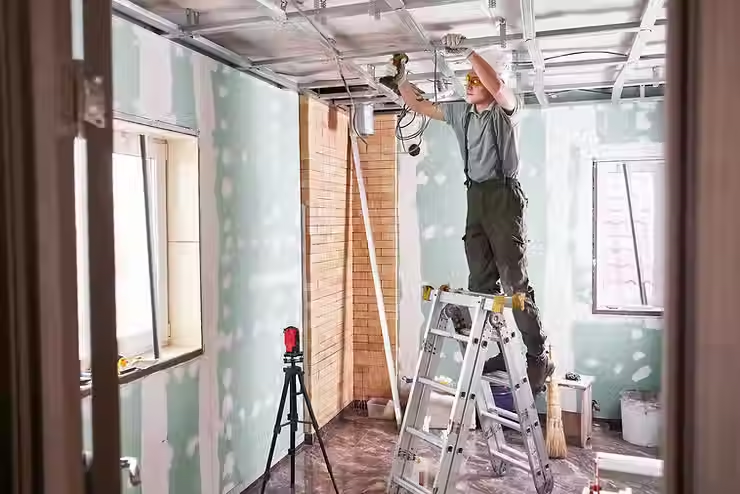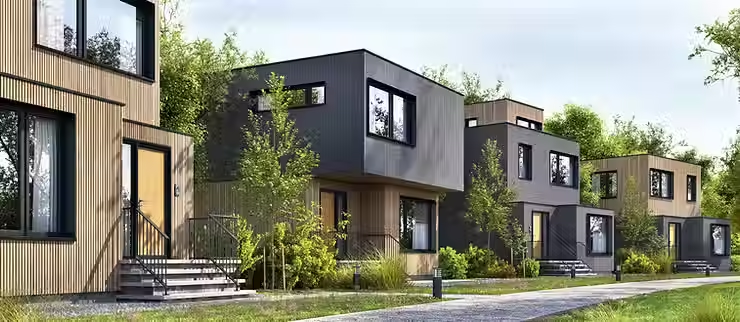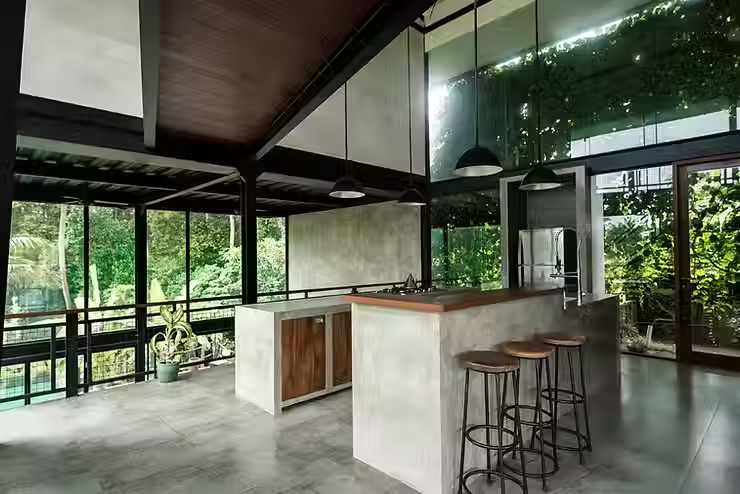Smart Homes, Smarter Future
- ealshafei
- Jun 18
- 2 min read

The rapid advancement of technology has redefined the way we interact with our living spaces, giving rise to the concept of smart homes.
What was once considered futuristic and out of reach is now an integral part of modern living, making homes not just places of comfort but also hubs of innovation, efficiency, and security.
With smart technology seamlessly integrated into daily life, homeowners now have unprecedented control over their environment, from lighting and temperature to security and entertainment.
One of the biggest advantages of smart homes is energy efficiency.
Smart thermostats, for example, learn user preferences and adjust temperatures accordingly, ensuring optimal comfort while reducing unnecessary energy consumption. Similarly, automated lighting systems and smart plugs allow users to control energy usage remotely, minimizing waste and lowering electricity bills.
Solar panels paired with energy monitoring systems can further optimize household energy consumption, making sustainability an achievable goal.
Beyond efficiency, smart security systems have become a cornerstone of modern homes. Motion-sensing cameras, video doorbells, and smart locks provide homeowners with real-time surveillance and control over who enters their property.
With remote access via smartphones, individuals can monitor their homes from anywhere in the world, giving them peace of mind and an added layer of safety.
Home automation extends beyond utilities and security.
Voice-controlled assistants and AI-powered home hubs have made daily tasks more convenient than ever.
From setting reminders and playing music to controlling smart appliances, these systems are designed to integrate seamlessly into everyday life, enhancing productivity and personalization.
The ability to create preset routines, such as dimming the lights, adjusting the thermostat, and locking the doors before bedtime, further simplifies home management.
As technology continues to evolve, the future of smart homes is bound to become even more intuitive and responsive.
The integration of artificial intelligence, the Internet of Things (IoT), and sustainable energy solutions will transform homes into fully automated ecosystems that prioritize convenience, security, and sustainability.
What once seemed like a concept from science fiction is now a reality, shaping a future where our homes are as smart as the people living in them.





Comments